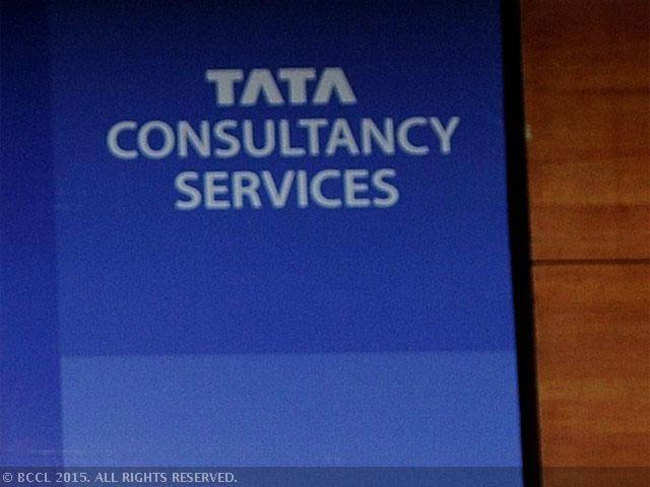 Agencies
AgenciesTCS’ automation platform Ignio, which now has its own business unit, and its internet-of-things-platform, which helped the company win a large deal from Rolls Royce, and its energy management system have all come out of the incubation programme.
Elevate Your Tech Prowess with High-Value Skill Courses
| Offering College | Course | Website |
|---|---|---|
| Indian School of Business | ISB Professional Certificate in Product Management | Visit |
| IIM Kozhikode | IIMK Advanced Data Science For Managers | Visit |
| IIM Lucknow | IIML Executive Programme in FinTech, Banking & Applied Risk Management | Visit |
“The incubation capability is a horizontal, which we have been running as a programme for the last three or four years. About half a dozen projects at any time are in incubation. There is a certain capacity that we have planned and I am very happy at the way it has gone and we will be scaling up the capacity quite substantially,” K Ananth Krishnan, chief technology officer of TCS, said. “So if we are doing five or six, we will go to 10 or 12 and even higher if we can manage it.” Krishnan said the company’s drones programme was currently in incubation.
He added that while talking about innovation is great, there needed to be accountability. “There is the idea-to-innovation process even though people say innovation and process don’t go together, you actually need a process. There’s an accountability at the CTO level for the new products and services. It is not enough to say that this is nice to do, this is everybody’s job and so on and so forth,” Krishnan said.
TCS also allows a level of fluidity to is researchers who may want to go into the business, Krishnan said. Dr Harrick Vin, who is the head of Ignio-unit Digitate, was the researcher who worked on the neural automation platform. The researchers who created the connected universe IoT platform are also running the business being created around that platform.
Discover the stories of your interest

“Some people want to stay in research, others want to go into engineering and to the value. Others might want to go all the way and run it as a business. Harrick Vin is still a chief scientist at TCS Research but he runs Digitate. So, at some point, I will talk to Harrick and say what about the next Ignio, and hopefully he will come back.” TCS spent about Rs 1,100 crore on its research projects in the last financial year. And the company wants to spend between 1% and 1.3% of its revenue on R&D.
















 Get Unlimited Access to The Economic Times
Get Unlimited Access to The Economic Times
